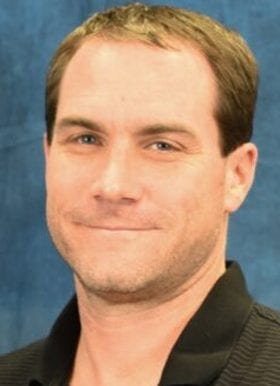
Mark Rutherford, PhD
Associate Professor, WashU Otolaryngology—Head & Neck Surgery
- Phone: 314-747-7152
- Email: rutherfordmark@nospam.wustl.edu
Neurodegeneration of the auditory nerve that happens with aging and exposure to loud sounds
In my lab we study neurobiology of the inner ear, specifically neurodegeneration of the auditory nerve that happens with aging and with exposure to loud sounds. Sensory hair cells and auditory nerve fibers do not spontaneously regenerate, leading to deafness. We are trying to understand why some auditory nerve fibers are more vulnerable than others to glutamate excitotoxicity. One primary focus is on heterogeneity of AMPA receptor subunits, particularly GluA2 which limits Ca2+ permeability of the receptor channel. Some forms of neurodegeneration may be common to the brain and the nerve tissue of the inner ear. For example, we are studying neurodegeneration in the ears of Alzheimer’s Disease humanized mouse models to better understand the relationships between Alzheimer’s Disease and hearing loss. This program addresses the Hope Center mission because we are trying to find ways to prevent age- and noise-related degeneration of the auditory nerve in humans. Another focus is on understanding how sounds are encoded as spike trains in the auditory nerve under normal and pathological conditions. When the sensory hair cells are non-functional, some hearing can be restored via electrical stimulation with a cochlear implant. We are developing computational models of auditory nerve activity to improve the performance of cochlear implants. We employ electrophysiological and molecular-anatomical approaches in transgenic mice.